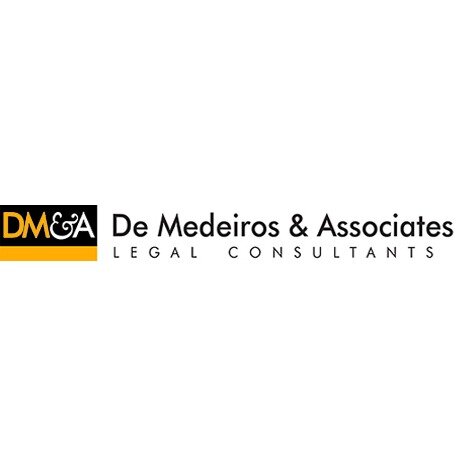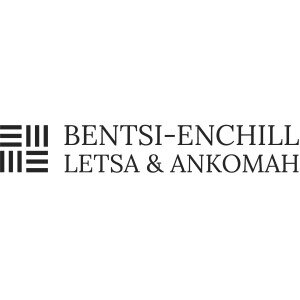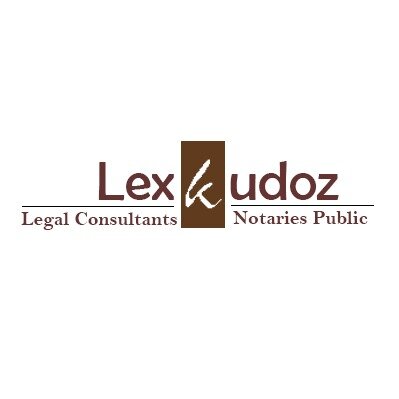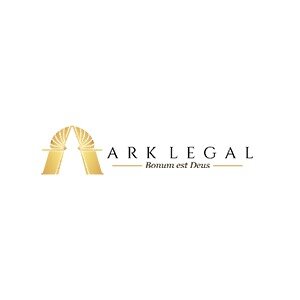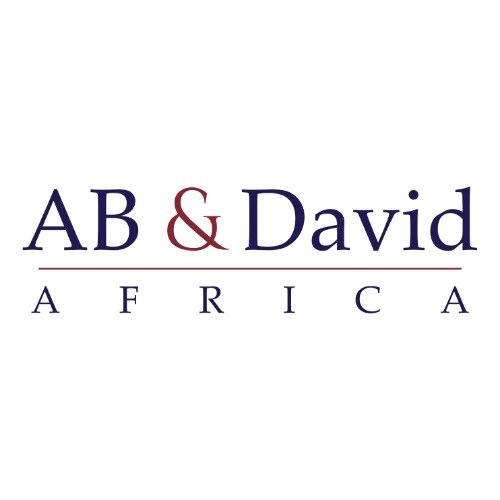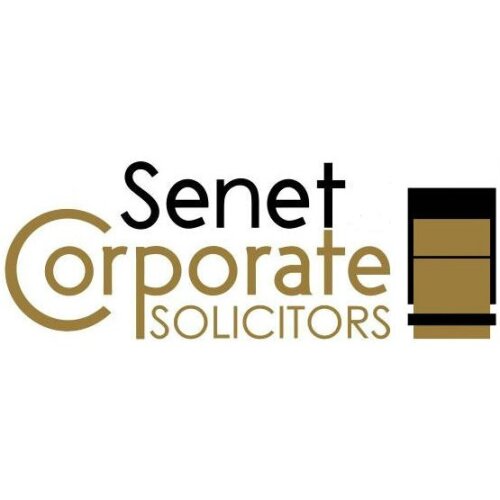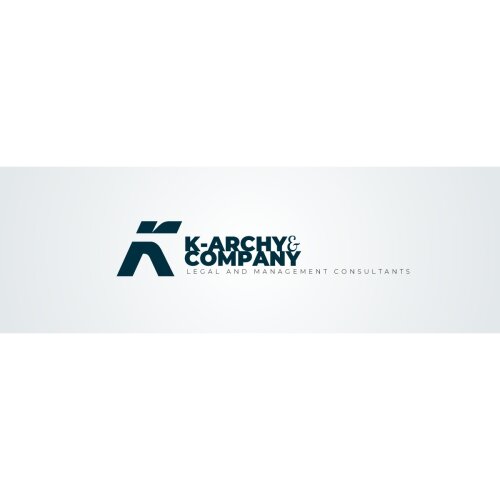Best Labor Law Lawyers in Ghana
Share your needs with us, get contacted by law firms.
Free. Takes 2 min.
Or refine your search by selecting a city:
List of the best lawyers in Ghana
About Labor Law in Ghana
Labor Law in Ghana focuses on the regulation of the employment relationship between employers and employees. It encompasses various legislations that aim to protect the rights and obligations of both parties to ensure fair treatment and the promotion of workplace rights. One of the primary legislations governing labor issues in Ghana is the Labor Act, 2003 (Act 651), which covers aspects like employment contracts, conditions of employment, worker protection, trade unions, and dispute resolution mechanisms. Understanding these laws is crucial for both employers and employees to maintain compliance and foster a harmonious working environment.
Why You May Need a Lawyer
There are several situations where individuals or organizations may require legal assistance in labor-related matters in Ghana:
- Drafting or reviewing employment contracts to ensure compliance with the Labor Act.
- Addressing issues related to unfair dismissal or wrongful termination.
- Navigating complex labor disputes, including those related to discrimination or harassment at work.
- Interpretation of labor laws and regulations to avoid legal pitfalls.
- Negotiating collective bargaining agreements on behalf of a union or employees.
- Legal representation in labor-related litigation or arbitration proceedings.
- Guidance on occupational health and safety compliance.
- Assistance with severance pay, redundancy benefits, or retirement present value calculations.
Local Laws Overview
The Labor Law framework in Ghana is primarily enshrined in the Labor Act, 2003 (Act 651), among other regulations. Key aspects include:
- Employment Contracts: The Act mandates written contracts for employees, detailing terms of employment, working hours, payment, and job description.
- Working Hours and Overtime: Standard working time is set at 8 hours a day or 40 hours a week, with provisions for overtime compensation.
- Minimum Wage: The government periodically sets a national minimum wage, ensuring employees earn a fair wage.
- Leave Entitlements: Employees are entitled to annual leave, maternity leave, and sick leave as specified in the Act.
- Worker Protection: The law prohibits forced labor, child labor, and discrimination in employment.
- Dispute Resolution: The National Labor Commission facilitates the resolution of labor disputes between employers and employees or unions.
- Trade Unions: Employees have the right to join or form trade unions, which play a crucial role in negotiating terms and conditions of employment.
Frequently Asked Questions
What is the legal minimum working age in Ghana?
The legal minimum working age in Ghana is 15 years. However, for hazardous work, the minimum age is 18 years.
How is overtime compensation calculated?
Overtime compensation is typically not less than 1.5 times the normal hourly rate, though specific terms should be specified in the employment contract.
Are employees entitled to maternity leave?
Yes, female employees are entitled to at least 12 weeks of paid maternity leave, with the possibility of extension in certain situations.
What are the grounds for wrongful termination?
Wrongful termination can occur if an employee is dismissed without just cause, in violation of the terms of their contract, or in discriminatory circumstances.
Can employees join trade unions?
Yes, the Labor Act ensures the right of employees to join or form trade unions for collective bargaining and representation.
What recourse is available for workplace discrimination?
Employees facing discrimination can lodge complaints with their employer, the Commission on Human Rights and Administrative Justice (CHRAJ), or seek resolution through the National Labor Commission.
How are workplace disputes resolved?
Disputes are typically resolved through negotiation, mediation, arbitration, or through the formal processes of the National Labor Commission.
What is a severance payment?
A severance payment is a sum of money granted to employees upon termination of employment, especially in cases of redundancy, in accordance with their employment agreement or relevant laws.
How do I file a complaint with the National Labor Commission?
You can file a complaint directly with the National Labor Commission through their offices or official communication channels, providing necessary details of the grievance.
What are the requirements for employee termination?
An employer must provide a valid reason for termination, conduct a fair procedure as per the employment terms, and provide appropriate notice or payment in lieu of notice.
Additional Resources
The following resources can be useful for those seeking further information on Labor Law in Ghana:
- Ministry of Employment and Labor Relations: Offers guidance and resources on labor laws and employment standards.
- National Labor Commission (NLC): Provides mechanisms for resolving labor and industrial relations disputes.
- Commission on Human Rights and Administrative Justice (CHRAJ): Addresses issues of human rights violations, including workplace discrimination.
- Ghana Trade Union Congress (TUC): Offers support and representation for workers in various sectors.
Next Steps
If you require legal assistance in the field of labor law, consider the following actions:
- Research and identify qualified labor law attorneys or legal firms with expertise in employment law in Ghana.
- Schedule a consultation to discuss your specific legal needs and understand the available legal options.
- Gather all relevant documentation related to your issue, including contracts, correspondence, and any prior mediation or arbitration attempts.
- Explore the possibility of alternative dispute resolution methods to avoid litigation, such as negotiation or mediation.
- Stay informed about your rights and obligations under Ghanaian labor laws to better navigate potential challenges in the future.
Lawzana helps you find the best lawyers and law firms in Ghana through a curated and pre-screened list of qualified legal professionals. Our platform offers rankings and detailed profiles of attorneys and law firms, allowing you to compare based on practice areas, including Labor Law, experience, and client feedback.
Each profile includes a description of the firm's areas of practice, client reviews, team members and partners, year of establishment, spoken languages, office locations, contact information, social media presence, and any published articles or resources. Most firms on our platform speak English and are experienced in both local and international legal matters.
Get a quote from top-rated law firms in Ghana — quickly, securely, and without unnecessary hassle.
Disclaimer:
The information provided on this page is for general informational purposes only and does not constitute legal advice. While we strive to ensure the accuracy and relevance of the content, legal information may change over time, and interpretations of the law can vary. You should always consult with a qualified legal professional for advice specific to your situation.
We disclaim all liability for actions taken or not taken based on the content of this page. If you believe any information is incorrect or outdated, please contact us, and we will review and update it where appropriate.
Browse labor law law firms by city in Ghana
Refine your search by selecting a city.




